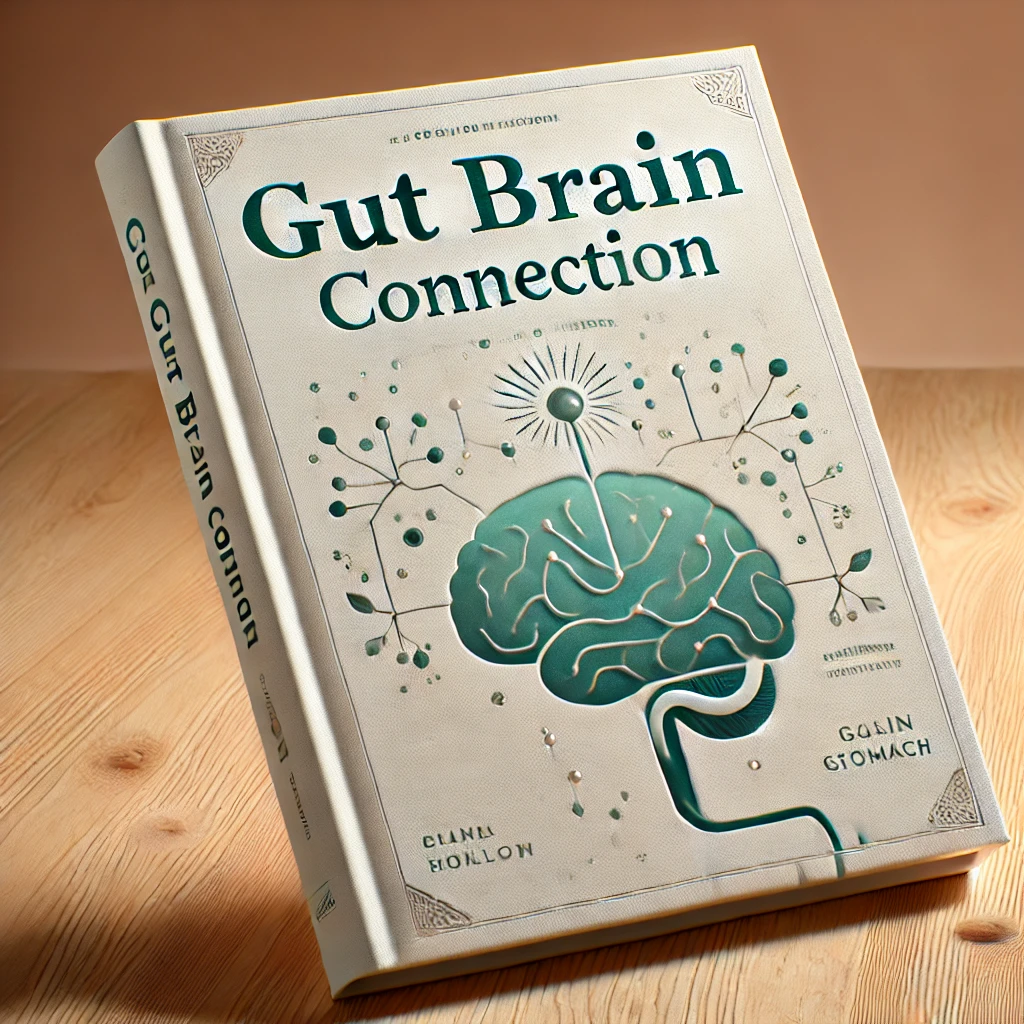The Gut-Brain Connection: How Digestive Problems Can Drive Depression

If you’re dealing with depression and ongoing digestive issues like bloating, constipation, diarrhea, or IBS, you’re not alone—and it’s not just in your head. At Sheen Vein & Cosmetics in St. Louis, we see patients every week who experience this exact combination. What many people don’t realize is that there’s a powerful link between gut health and mood regulation, and functional medicine provides the roadmap to treat both.
In fact, more and more research confirms what we’ve seen clinically for years: healing the gut is often key to improving mental health—especially for those with anxiety, depression, or brain fog.
The Gut-Brain Axis: Your Second Brain
Your gastrointestinal (GI) tract is more than just a digestive system—it’s a communication hub. The gut and brain are in constant two-way conversation via the gut-brain axis, which includes:
- The vagus nerve, which sends signals between the brain and GI tract
- The enteric nervous system, a network of neurons lining your gut
- The gut microbiome, trillions of bacteria that influence inflammation, neurotransmitter production, and immune function
This intricate system is why stress can cause digestive issues—and why gut inflammation can lead to low mood or even depression.
3 Key Ways Gut Problems Can Trigger Depression
1. Neurotransmitter Imbalance
Did you know that up to 90% of serotonin, your body’s "feel-good" chemical, is produced in the gut? A healthy gut helps synthesize and regulate mood-stabilizing neurotransmitters like serotonin, dopamine, and GABA.
When gut bacteria are out of balance (a condition called dysbiosis), or when the intestinal lining becomes permeable (leaky gut), the production and function of these neurotransmitters can be disrupted—leading to symptoms like:
- Low mood
- Anxiety
- Fatigue
- Irritability
- Loss of motivation
Explore more: The Gut-Immune-Hormone Connection
2. Chronic Inflammation
Leaky gut allows toxins, undigested food particles, and inflammatory compounds to pass into the bloodstream, triggering an immune response. This low-grade inflammation doesn’t just affect your joints or skin—it affects the brain too.
Research shows that inflammatory cytokines (immune messengers) can impair brain function and alter mood-regulating pathways. In fact, some cases of depression may be better described as “neuroinflammatory disorders.”
3. Nutrient Malabsorption
Poor digestion can lead to nutrient deficiencies that are crucial for brain function. We often see low levels of:
- Vitamin B12 and folate – needed for neurotransmitter production
- Magnesium – supports calming GABA activity
- Zinc – involved in mood regulation and neuroplasticity
- Omega-3 fatty acids – anti-inflammatory and essential for brain health
If your gut isn’t absorbing what you eat—or if food sensitivities are triggering inflammation—you won’t have the building blocks your brain needs to function optimally.
Common Gut Conditions We See in Depressed Patients
- IBS (Irritable Bowel Syndrome)
- SIBO (Small Intestinal Bacterial Overgrowth)
- Leaky gut / intestinal permeability
- Food sensitivities (e.g., gluten, dairy)
- Candida or fungal overgrowth
- H. pylori or parasitic infections
If these are left undiagnosed or untreated, the gut-brain axis remains out of sync—no matter how many antidepressants are prescribed.
Functional Medicine: A Whole-Person Approach
At Sheen Vein & Cosmetics, our St. Louis functional medicine team takes an integrative approach to depression that doesn’t ignore the gut. Here's how we begin:
✅ Comprehensive Testing
We go beyond standard labs and offer:
- Stool testing for microbiome balance, leaky gut markers, and infections
- Organic acid testing for nutrient status and neurotransmitter metabolites
- Food sensitivity testing
- Inflammation and cortisol markers
✅ Personalized Gut-Healing Protocols
Once we know what’s going on, we tailor your treatment plan. This may include:
- Targeted probiotics and prebiotics
- Gut lining support (e.g., glutamine, zinc carnosine, collagen)
- Elimination of inflammatory foods
- Digestive enzyme or bile support
- Antimicrobial herbs if infections are present
✅ Mind-Body Support
We also guide patients through stress reduction, nutritional therapy, and nervous system regulation using tools like:
- PEMF or red light therapy
- Magnesium glycinate or threonate
- Adaptogens such as ashwagandha or rhodiola
- Breathwork and mindfulness techniques
Learn more: How to Handle Stress Naturally
Depression Doesn’t Start in the Mind Alone
If you’ve been struggling with depression, anxiety, or emotional lows—and also dealing with gut symptoms—it’s time to connect the dots. Addressing the gut-brain axis can lead to major improvements in mood, cognition, and overall well-being.
We’ve helped countless patients in St. Louis uncover and treat the root cause of their mental health struggles—without over-relying on medications.
📞 Call 314-842-1441 to schedule your consultation
💻 Learn more at www.sheenveinandcosmetics.com and explore our functional medicine services
You’re not broken—and it’s not “just in your head.” Sometimes the key to healing your mind is found in healing your gut.